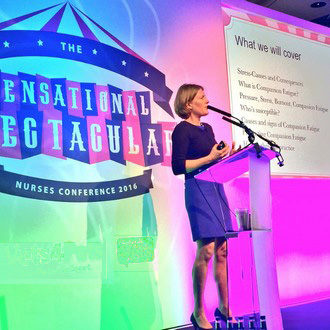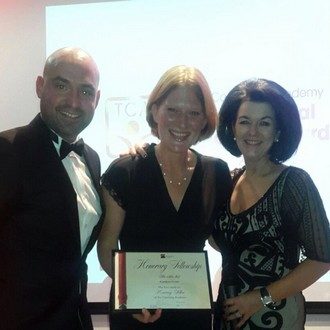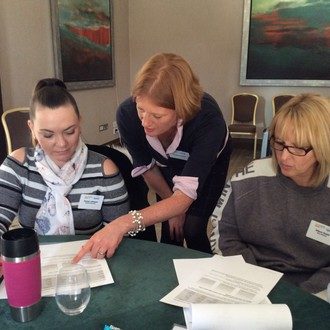They say that if you want to get something done, you should give it to a busy person – someone whose time management skills are legendary and whose ability to keep going until the to-do list is done is Olympic-standard. Of course, whilst it’s certainly true that most professionals are busy, not all busy people are efficient and effective. This time we’re looking at tips and techniques to help you work smarter, not harder – prioritising tasks, scheduling your time properly and reducing prevarication (the enemy of productivity).
1. Set up your work space
- Ensure that the items you use most often are close at hand.
- Minimise clutter – keep surfaces tidy and put items away as you go. Not only does this take less time than leaving it all to the end of the day when you’re exhausted, but it will also mean that you can find things easily, saving more time.
- Reduce distractions – close windows and doors to minimise noise from the outside world, disable email alerts and put your phone on silent if you can.
2. Schedule tasks to match your natural energy flow
Where possible, when planning your day aim to schedule in difficult or intense tasks early on, when your energy levels are higher. Conversely, avoid tackling them immediately after lunch.
To keep yourself going through the day, drink plenty of water.
No matter how busy your day, take a break and take a brisk walk outside at lunchtime – the ten minutes of fresh air and change of scene will make you far more productive through the afternoon than pressing on.
3. Prioritise and eliminate tasks of low importance
For many of us, the things we spend the most time on are not the things that help us most or deliver the best results for our clients. A useful technique is to assess the levels of effort compared with the impact felt, as illustrated in the figure here.
Source: www.mindtools.com
Thankless tasks that require lots of effort but have little impact should either be delegated, or their ultimate importance questioned
Always resist the urge to multitask – you won’t save any time in the long run and run the risk of mistakes being made and stress levels increased.
4. Manage your messages
Resolve to check voicemails and emails only at set times of the day rather whenever you hear the tell-tale ‘ping’ from your phone. (In fact, turn off the ‘ping’ altogether!)
Let colleagues know that unless it’s an emergency, you’ll catch up with messages during a break, not during or in between appointments. Tell clients that you return calls at lunchtime and/or the end of the working day so that they know when to expect your call.
5. Utilise the wide range of complementary skills and roles within the team
Identify where colleagues have particular skills and allocate routine tasks accordingly – some people will always have more of an aptitude for managing certain task than others!
Of course, in the daily reality of a busy workplace it can be hard to work smart all day every day – sometimes emergencies, colleague absences and unforeseen events can throw the best-laid plans out of the window before the day has even got underway. As with so much of what we talk about in these blogs, the tips I share are ‘ideal world’ scenarios – if you can implement even a couple of these techniques to help you work smarter, it will help.
And in the meantime, some practical steps you can take to counteract some of the everyday work stresses could include:
- Using a separate phone for work and home.
- Leaving your work phone switched when you are not working.
- Developing if-then plans in advance of a difficult meeting.
- Learning to say no sometimes, especially when what you are being asked to do is not within the remit of your role.
- Identifying a couple of friends/colleagues who are happy to offer advice and guidance as and when you need a quick second opinion.
- Improving self-awareness by completing a DISC profiling exercise. By understanding your own strength and weaknesses, as well as those of colleagues, you can take steps to enhance your strengths and overcome any weaknesses.
- Looking after the team, sharing experiences (good and bad) at regular meetings and informal sessions.
- Being open and honest about how you are feeling.
- Being mutually flexible when needed, and addressing any examples of colleagues not taking their fair share of workload and responsibility.
- Taking time for you – it doesn’t have to be a full hour for lunch (because we know that simply isn’t going to happen!) – even ten minutes outside or a 15-minute session on a mindfulness app mid-afternoon will help keep your sanity in check.
In the end, just remember that working smarter isn’t meant to make things harder or take longer – it’s about finding small ways to make a significant and positive difference to how you work. And ultimately, to how you feel about work.
If you would like to take control of your life and career, my online personal development programme MyLifeStrategy can help you to overcome the personal and professional challenges you face on a daily basis and learn practical skills and techniques to make a real difference to you and your life.
I’ve developed the Time Management for the Time Poor module to help you to get the most out of your time. It will show you how to manage yourself and your behaviours, how to optimise your time, how to prioritise, delegate, stop procrastinating and put yourself back in control of your life and your time.









